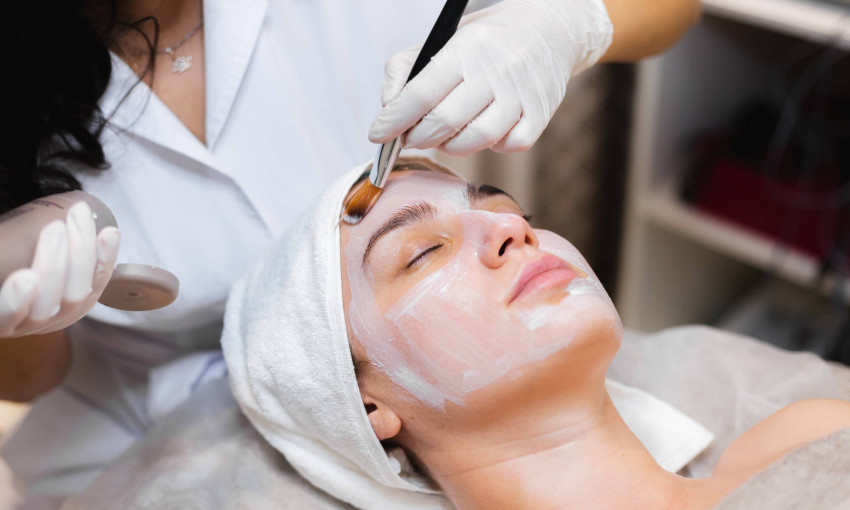
In the vast world of skincare, the plethora of treatments available can seem overwhelming. From the ever-popular facials to the more intense regimes like chemical peels and skin needling, it's essential to navigate the maze with information that addresses your unique skin needs. Not every skin type or concern fits into a 'one size fits all' mold, which is why individualized treatment is vital. In this guide, we'll walk you through how to identify the best skin care treatments for your specific needs, focusing particularly on chemical peels and skin needling.
Understanding Your Skin Type
The first step in choosing any skincare treatment is to understand your skin type. Generally, skin can be classified into:
- Normal - not too oily or dry
- Dry - may feel tight or have flaky regions
- Oily - shiny skin, often with enlarged pores
- Combination - a mix of oily and dry regions
- Sensitive - easily irritated, may experience redness
It's also crucial to recognize any specific skin concerns you want to address, such as acne, pigmentation, wrinkles, or scarring. These concerns, combined with your skin type, can guide you to treatments that will be most beneficial.
Deep Dive: Chemical Peels
Chemical peels have gained significant traction due to their effectiveness in treating various skin concerns. Essentially, they involve applying a chemical solution to the skin, which causes it to "peel" off, revealing a newer, often smoother layer beneath.
Benefits: Chemical peels can address a myriad of concerns such as fine lines, sun damage, mild scars, acne marks, and age spots.
Who should consider: If you have wrinkles, uneven skin tone, or acne scars, chemical peels might be an excellent option for you. They're particularly beneficial for mature skin.
Things to remember: It's vital to consult with a dermatologist before opting for a chemical peel. They can advise on the peel's strength suitable for your skin type and concern. Post-peel, the skin can be sensitive, so always follow aftercare instructions, including sun protection.
Deep Dive: Skin Needling
Also known as microneedling, skin needling is a cosmetic procedure that involves pricking the skin with tiny sterilized needles. This process stimulates the skin to regenerate and repair itself naturally.
Benefits: Skin needling is fantastic for reducing scars (especially acne scars), stretch marks, wrinkles, and promoting an even skin tone.
Who should consider: If you're troubled by textured skin due to scars or looking for overall skin rejuvenation, skin needling might be the treatment for you.
Things to remember: Post-treatment, it's normal to experience some redness and sensitivity. It's imperative to protect the skin from the sun and avoid makeup or any harsh skincare products for a few days. And, as with any treatment, ensure you're consulting a licensed practitioner.
Final Considerations
- Budget: Some treatments can be pricy, so it's essential to consider the cost, including any follow-up sessions or aftercare products.
- Downtime: Treatments like chemical peels and skin needling might require some downtime. Understand the recovery period and ensure it fits into your schedule.
- Maintenance: Some treatments may require regular sessions to maintain the results. Be aware of the commitment before diving in.
- Expert Consultation: Before embarking on any skincare treatment, always consult a dermatologist or licensed skincare professional. They can provide tailored advice based on your skin's needs.
In conclusion, choosing the right skin care treatment is a journey that requires both knowledge and self-awareness. Understand your skin, research various treatments, and always prioritize professional advice. Whether it's the transformative effects of chemical peels or the rejuvenating benefits of skin needling, armed with the right information, you can make choices that bring out the very best in your skin.




